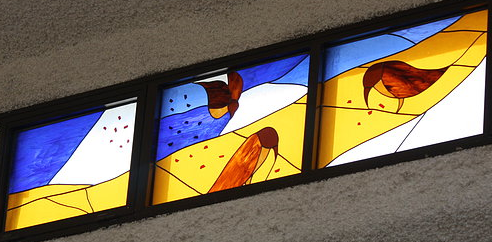The Hebrew word tse·da·KAH (“righteousness,” “salvation”) will teach us how to pronounce and write the letters צָדִי (tsa·DI) and קוֹף (kof).
Hebrew Nuggets, Lesson 30: Lord
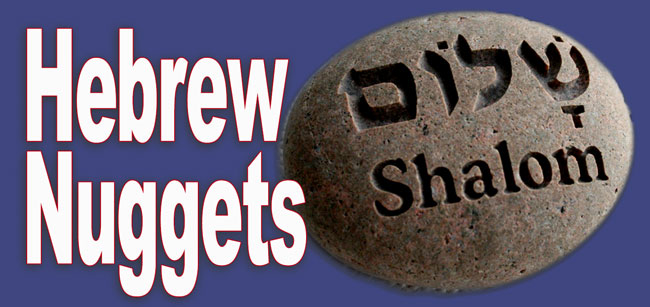
After a hiatus of over twenty years, Hebrew Nuggets returns to Jerusalem Perspective. Learn to read the letters of the Hebrew alphabet with JP’s editor-in-chief, David Bivin, and discover valuable nuggets of information about the Bible Jesus read and the world in which Jesus lived. If you have ever wanted to be able to read words in Hebrew and to learn more about the richness of the biblical tradition, then Hebrew Nuggets is the perfect place to begin.
The Significance of Jesus’ Words “Not One Jot or One Tittle Will Pass from the Law” (Matt. 5:18)

“Jot” and “tittle” are not everyday words in English. What do they mean and how should Jesus’ words in Matthew 5:18 be understood? Jerusalem Perspective‘s editor-in-chief, David Bivin, tackles these questions on behalf of a subscriber’s request for help.
Sending the Twelve: Commissioning

Yeshua summoned his twelve emissaries to Israel and he gave them power to drive out dangerous spirits and to heal every disease and sickness those spirits had caused. Then he sent them on ahead in pairs to every city he intended to visit.
Choosing the Twelve
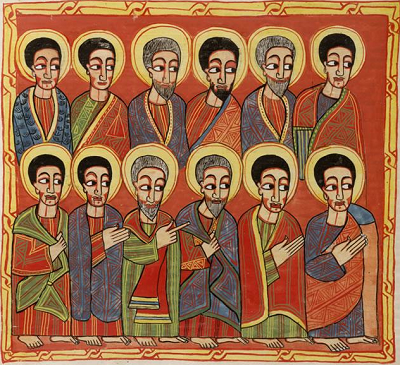
One day Yeshua called his disciples together and chose twelve of them to be his emissaries to Israel. Their names were Shimon Petros and Andrai (his brother), Yaakov, Yohanan, Pelipah, Talmai’s son, Matai, Tomah, Yaakov Halfi’s son, zealous Shimon, Yehudah Yaakov’s son, and Yehudah from Keriyot, who was a traitor.
William Lockton, Robert Lindsey’s Forerunner
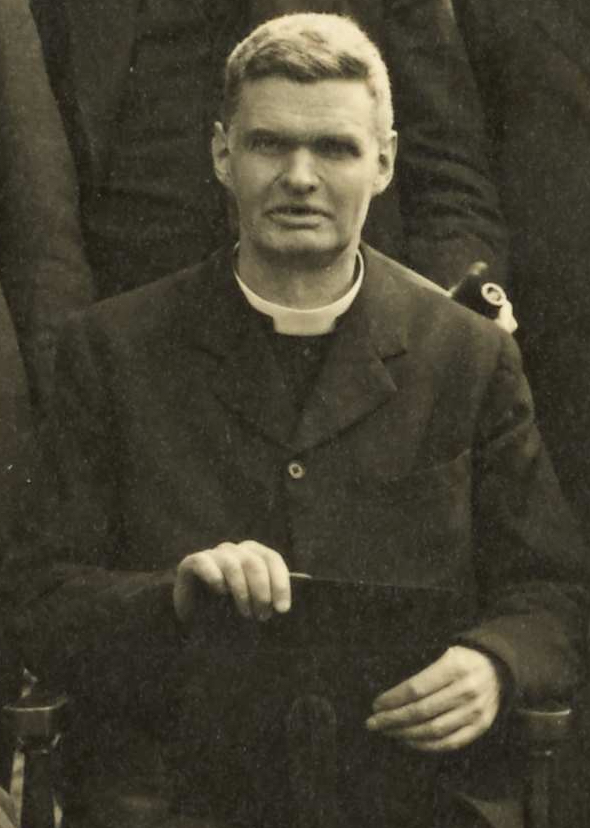
In 1922 William Lockton wrote an article for The Church Quarterly Review that challenged the foundations of accepted synoptic theory by positing that Luke was the earliest of the Synoptic Gospels.
Video Clip: David N. Bivin on “The Value of Translating Matthew, Mark and Luke to Hebrew”
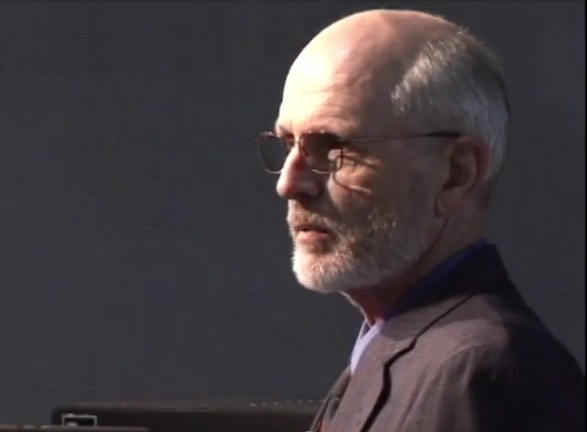
In this video Jerusalem Perspective‘s editor-in-chief, David Bivin, demonstrates how translating Jesus’ sayings into Hebrew can provide clearer insight into Jesus’ message.
“Recovering the ‘Inspired Text’?”—A Response to Michael Brown
In 1993 the journal Mishkan published an issue focused on the Jerusalem School of Synoptic Research. That issue included a review by Dr. Michael Brown of David N. Bivin and Dr. Roy B. Blizzard’s Understanding the Difficult Words of Jesus. The review, entitled “Recovering the ‘Inspired Text’?” was highly critical both of Understanding the Difficult Words and of the Jerusalem School’s entire approach to the Synoptic Gospels. In this post we have reissued Bivin’s response to Brown’s review.
The Major Importance of the “Minor” Agreements
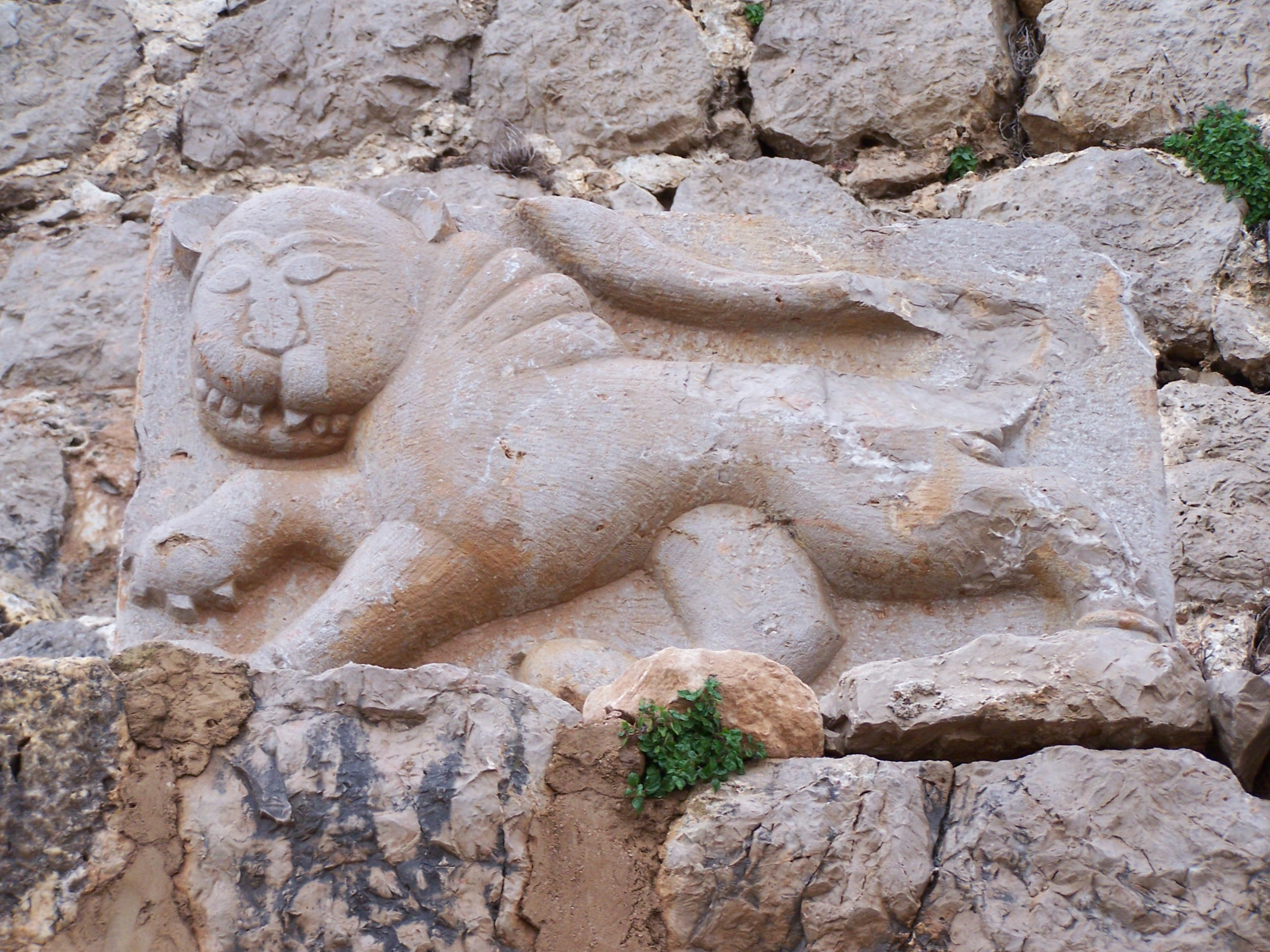
In this article, Dr. Robert Lindsey discusses the importance of the so-called “minor agreements” of Luke and Matthew against Mark for properly understanding the interrelationship of the Synoptic Gospels. David N. Bivin and Joshua N. Tilton collaborated with Lauren Asperschlager to bring this article, which previously existed only as an unfinished draft, to Jerusalem Perspective subscribers.
Not Everyone Can Be Yeshua’s Disciple
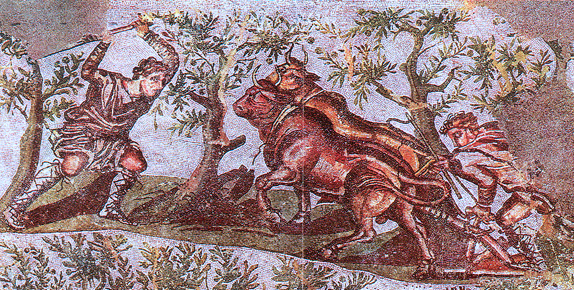
When three eager prospective disciples asked permission to follow Jesus, Jesus responded to each of them with a riddle. Why would God allow Jesus and his followers to sleep on the ground when he provides safe places even for the animals to sleep? How can the dead bury a corpse? Why would a disciple set his hand to a plow when Elisha had given up plowing in order to follow Elijah? These riddles would have to be puzzled over before their meaning was fully understood. But each of the riddles were ominous, and it appears that each of the three prospective disciples reconsidered his desire to join Jesus.
LOY Excursus: Catalog of Markan Stereotypes and Possible Markan Pick-ups
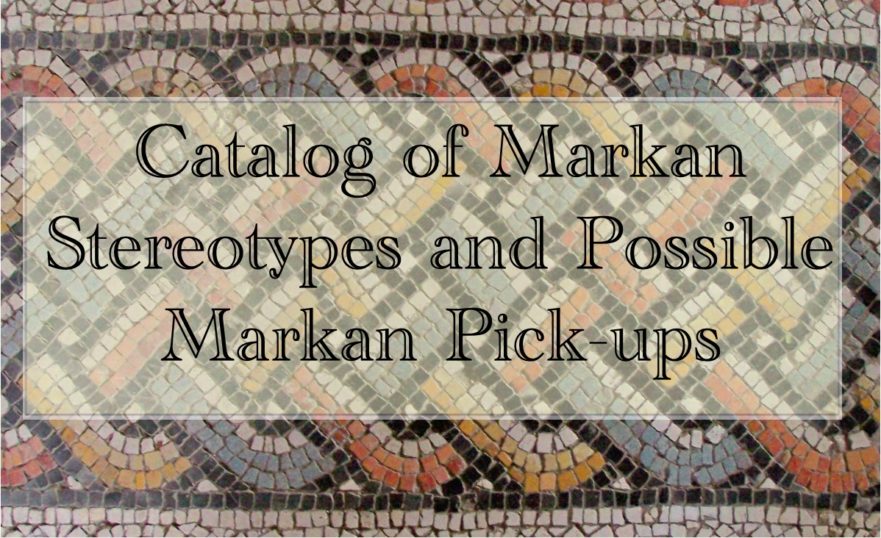
A collection of redactional words and phrases characteristic of the editorial style of the author of Mark.
Tower Builder and King Going to War Similes

The Tower Builder and King Going to War similes explain why Jesus thought full-time discipleship was not suitable for everyone.
Demands of Discipleship

“Anyone who wants to join me but puts family ties or love of self ahead of me cannot possibly be my full-time disciple. Anyone who is not prepared to die cannot possibly be my full-time disciple. Anyone who does not renounce his possessions cannot possibly be my full-time disciple.”
Rich Man Declines the Kingdom of Heaven

In order to join Jesus band of full-time disciples the rich man would have to adopt a radically different lifestyle than the one to which he was accustomed.
LOY Excursus: The Kingdom of Heaven in the Life of Yeshua
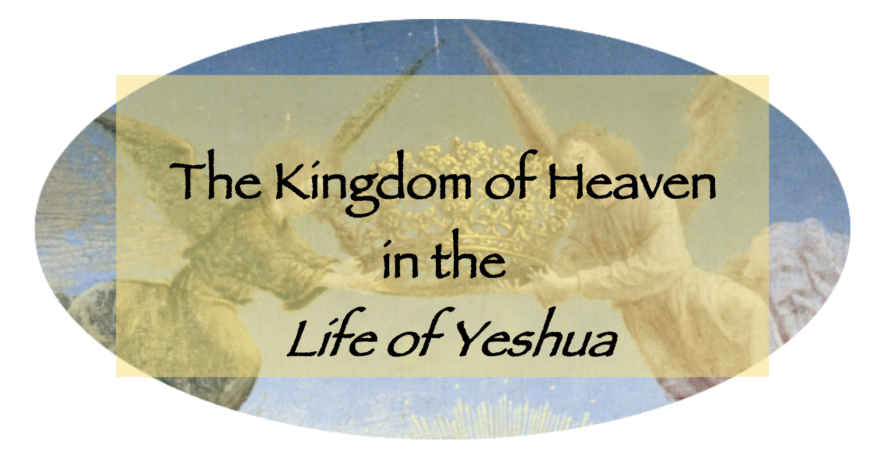
In this excursus to the Life of Yeshua commentary, David N. Bivin and Joshua N. Tilton delve into the ancient Jewish concept of the Kingdom of Heaven and discuss the ways in which Jesus made use of this concept in his own unique style.
Hidden Treasure and Priceless Pearl Parables
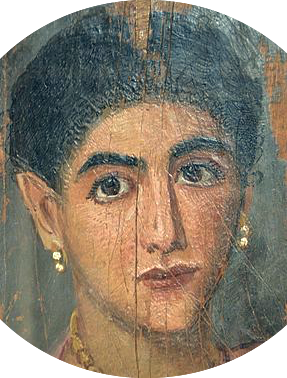
Supposing that these twin parables once belonged to the same narrative-sayings complex as the Rich Man Declines the Kingdom of Heaven incident enables us to understand their message. Jesus’ demand that the rich man sell everything wasn’t an onerous or unreasonable request; to the contrary, Jesus had offered the rich man an extraordinary bargain.
Widow’s Son in Nain
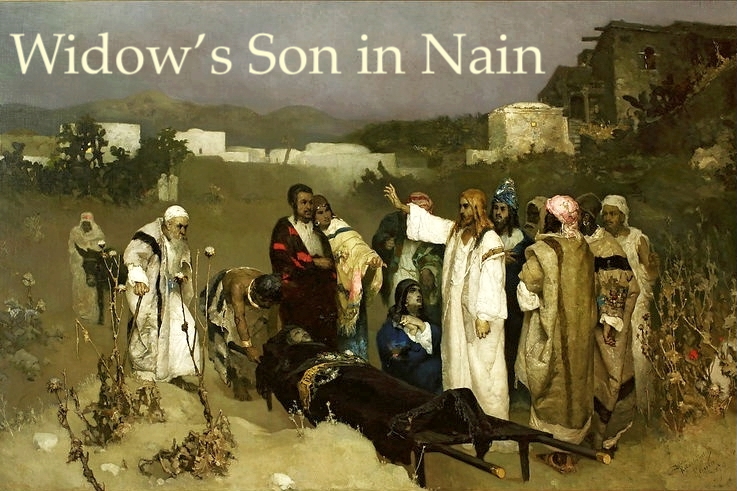
In Widow’s Son in Nain, David Bivin and Joshua N. Tilton ask “Which Nain was the town where Jesus raised the widow’s son?” and “What is the meaning of the people’s exclamation that a prophet had arisen among them?” The possibility of a Judean ministry early in Jesus’ career and of the messianic connotations of the Widow’s Son in Nain story are discussed in detail in this segment of the Life of Yeshua commentary.

